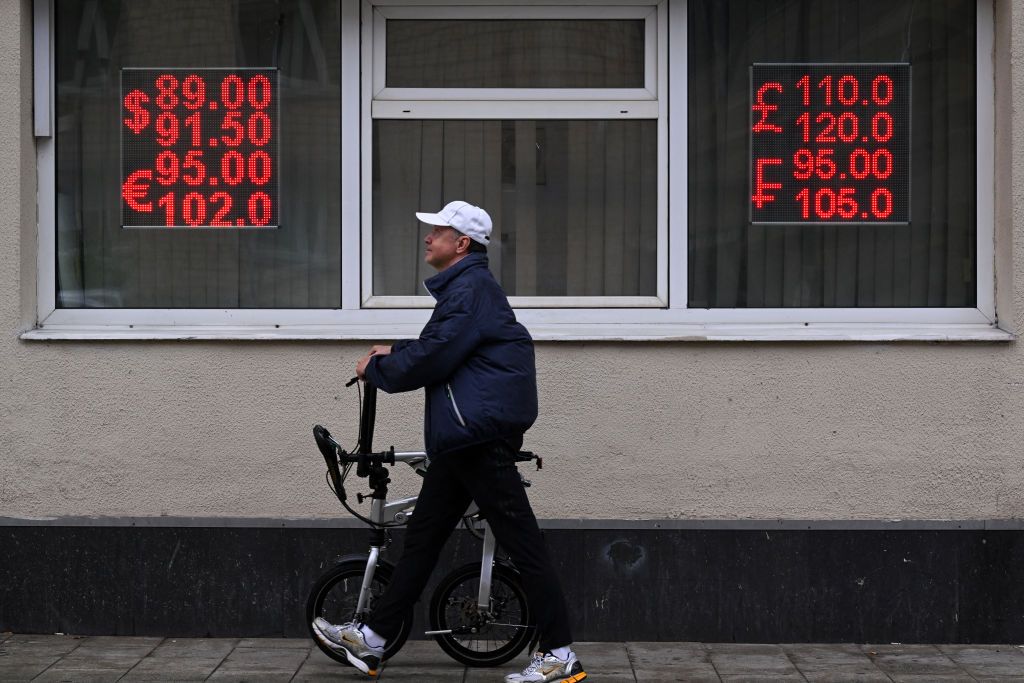EU Council announces 14th round of sanctions against Russia

The EU Council announced on June 24 that it had adopted the 14th round of sanctions against Russia, aimed at tackling the circumvention of existing measures and to further restrict profits from Russia's energy industry.
Despite 13 previous rounds of sanctions from the EU and additional measures from the U.S. and other allies, Russia's economy has remained unexpectedly resilient. A survey conducted by the independent Russian polling firm the Levada Center earlier in June found that only 11% of respondents said that sanctions had personally effected them or their families.
The new package adds 116 individuals and entities to the sanctions list, and adds a number of additional measures, including the prohibition for any EU facilities to be involved in the transshipment of Russian liquified natural gas (LNG) to any third-party countries.
It also forbids any new investments or provision of goods toward Russian LNG projects, such as the Arctic LNG 2 and Murmansk LNG.
The new package bans the usage of the "System for Transfer of Financial Messages" (SPFS), a tool employed by Russia's Central Bank to help combat existing sanctions.
In order to counter malign political and societal influence from Russia, the measure prohibits any political parties, foundations, NGOs, think tanks, or media outlets from receiving funding from Russia and its proxies.
The package also applies targeted measures toward ships involved in the transportation of various Russian goods, as well as more than 60 companies that directly support Russia's military-industrial complex.
"Our sanctions have already significantly weakened the Russian economy and prevented (Russian President Vladimir) Putin from accomplishing his plans to destroy Ukraine, although he still continues the illegal aggression targeting civilians and civilian infrastructure," said Josep Borrell, the EU's top diplomat.
"The 14th package of sanctions demonstrates our unity in supporting Ukraine and seeking to limit Russia’s criminal activities against Ukrainians, including efforts to circumvent EU measures."











